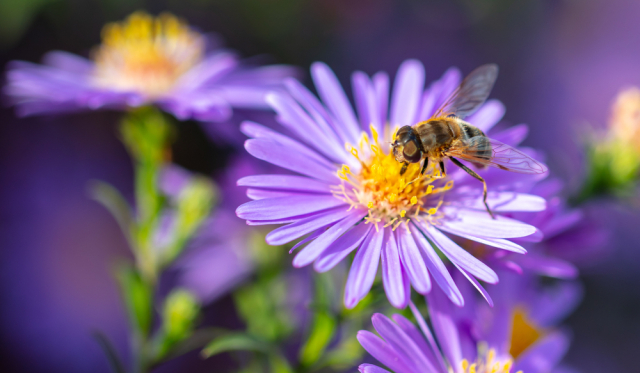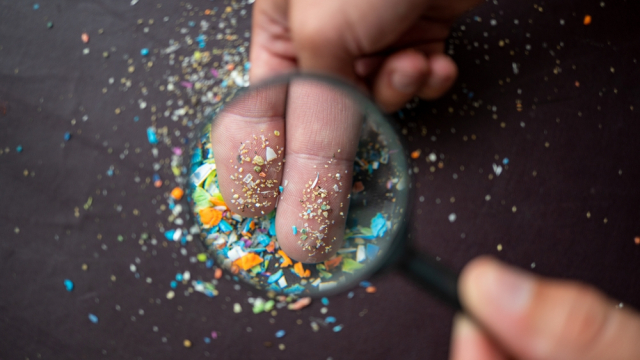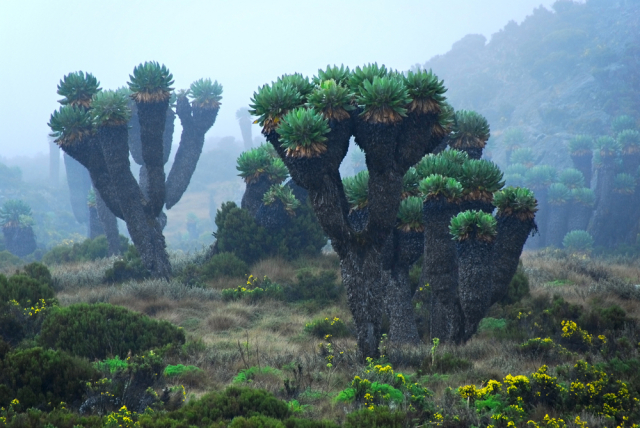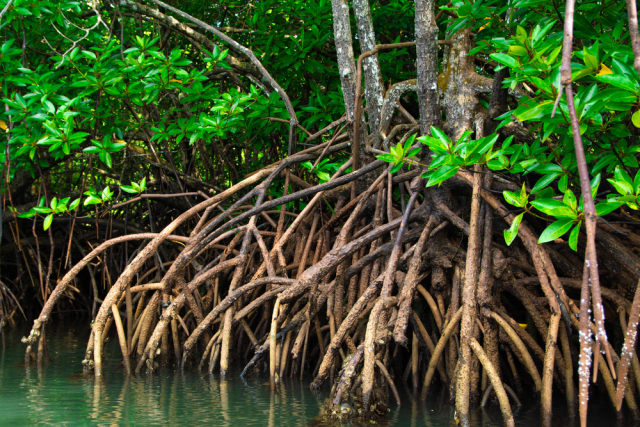Wildflowers, like most other plants, seem to be suffering from the effects of climate change and the lack of insect pollinators. However, scientists have discovered something very surprising: plants have evolved to do without insects.
Insect-assisted pollination is one of the most common forms of plant reproduction worldwide, with more than 80% of flowering species relying on bees or butterflies to fertilize their seeds. However, researchers have recently discovered that some wildflowers growing on farmland have evolved to self-pollinate.
Four populations of field pansies (Viola arvensis) growing near Paris were compared with populations grown in the laboratory from seeds collected between 1992 and 2001.
Using genetic analysis, behavioral tests with bumblebees, and observations of flower appearance, the team uncovered unexpected trends. It turned out that modern flowers produced 20% less nectar and were also less likely to be visited by pollinators than plants grown from old seeds.





